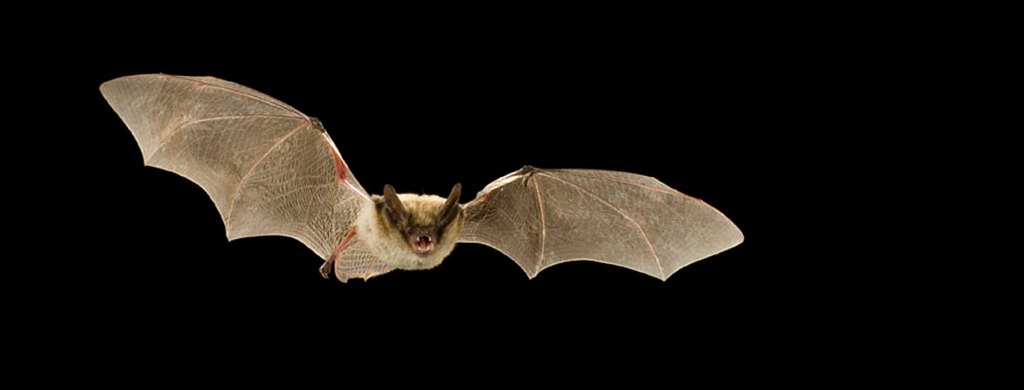Holy rabies, Batman! Molalla bat discovered to have them
Published 6:13 pm Monday, August 4, 2025

- A rabid bat found in Molalla on Aug. 1 has raised warnings from state agencies.
The Aug. 1 discovery is a good reminder that there is a danger with some bats
Officials at the Oregon State University Veterinary Diagnostic Laboratory confirmed Aug. 1 that a bat found in a private residence in Molalla had tested positive for rabies.
The bat had come into contact with a human.
It was recommended for euthanasia and then tested positive for rabies. The person who was exposed is receiving the recommended post-exposure prophylaxis.
Trending
During the summer, interactions with bats are more common. In Oregon, bats are the main animal of concern for rabies.
About 8% of bats tested for rabies in Oregon are found to be carrying it, and the true rate among wild bats is likely lower. Foxes can also carry rabies, but human interactions with them are rarer.
No dogs in Oregon have tested positive for rabies in the last 24 years, and two cats have tested positive out of thousands tested. Raccoons and squirrels are not carriers of rabies in Oregon.
“In the last five years, Clackamas County has averaged one bat per year that has tested positive for rabies,” said Clackamas County Health Officer Dr. Sarah Present. “Rabies is a deadly illness that can be prevented with treatment immediately after someone is exposed. But we would rather prevent exposures in the first place, and you can do that by taking simple precautions to protect yourself, your family and your pets.”
Public health officials recommend the following steps to safeguard community members, families and pets: Vaccinate your pets, including animals that are being fed on the property, like feral cats. However, feeding wild or feral animals is not recommended; do not handle a live or dead bat. Call a professional wildlife removal service. A bat seen during daylight hours is likely ill and should be avoided; use screens in open windows and doors. Bats can fly into homes through open windows or doors, especially during dusk when they are most active; seal openings to attics, basements, porches, sheds, barns and chimneys; feed pets indoors; keep garbage in secure containers away from wildlife; if your pet comes into contact with a bat, take it to a veterinarian.
Oregon law requires all dogs at least three months old to be vaccinated for rabies by the age of six months.
Trending
While cats are not required to be vaccinated for rabies in Clackamas County, it is strongly recommended. Unvaccinated cats require four months of strict quarantine per public health protocol if they are exposed to a rabid bat.
If quarantining the animal is not possible, euthanasia is recommended for unvaccinated pets exposed to rabid bats.
If you are scratched or bitten by a bat, immediately wash the affected area with soap and running water for at least five minutes and seek medical attention.
If the bat that caused the wound is available, it may be considered for rabies testing if the head is still intact.
Contact the Clackamas County Infectious Disease Control and Prevention Program at 503-655-8411 to report the bite and discuss bat testing.







